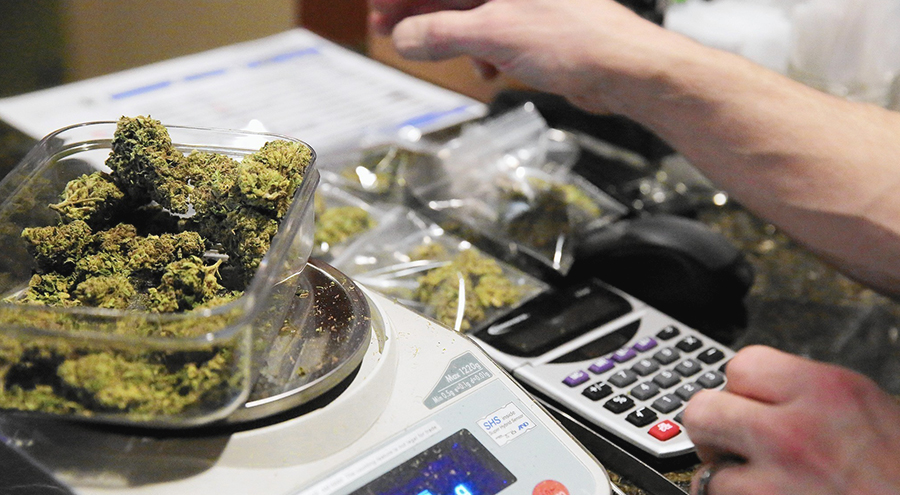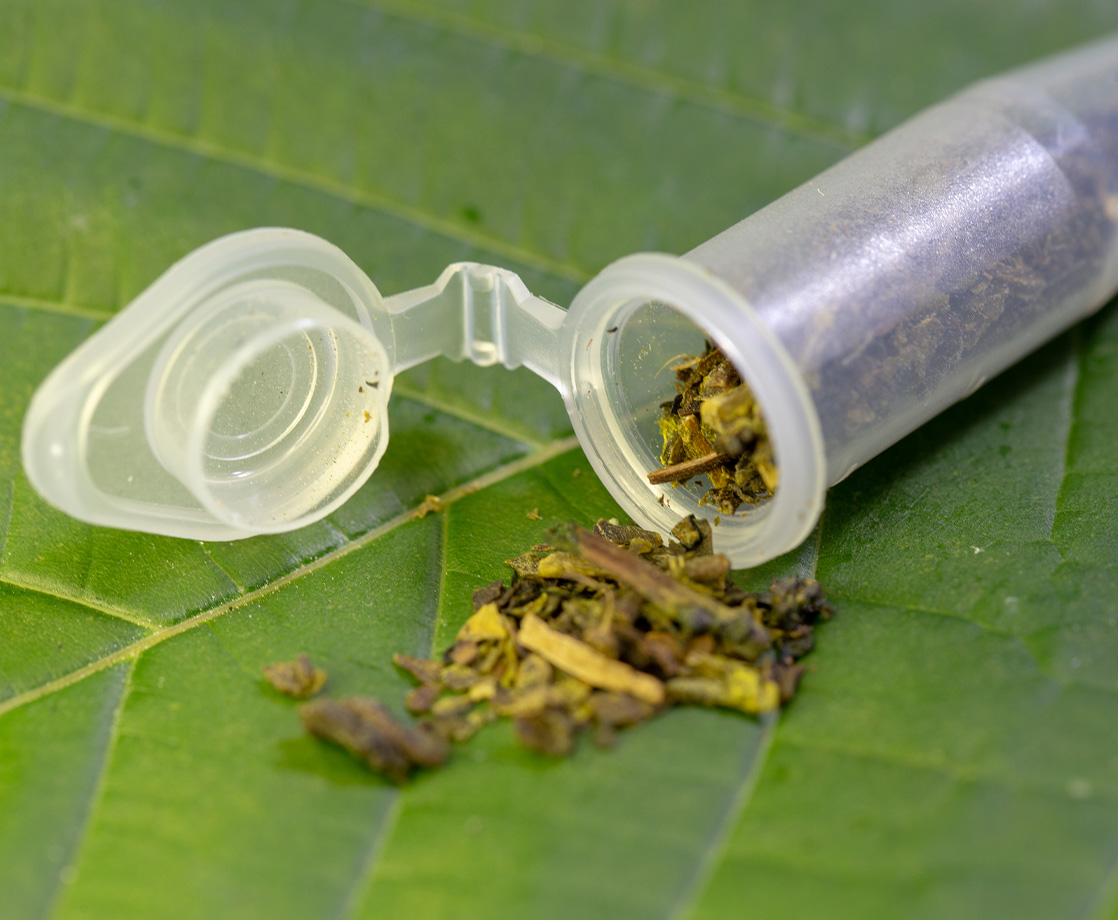Forty-two states and the District of Columbia allow medical marijuana use. Yet, the federal government is still stuck in the dark ages.
Despite the Democratic National Committee endorsing per its party platform the idea of loosening federal marijuana restrictions, the Drug Enforcement Agency, shot down the long-standing efforts of two democratic governors to reschedule marijuana under federal drug laws.
For now, marijuana remains a Schedule I narcotic, according to emails seen by Reuters. The DEA is expected to make the official announcement Thursday.
DEA chief Chuck Rosenberg cited Food and Drug Administration science that marijuana has “no currently accepted medical use in treatment in the United States.”
Rosenberg ensured: "This decision isn't based on danger. This decision is based on whether marijuana, as determined by the FDA, is a safe and effective medicine, and it's not."
The decision means marijuana remains a Schedule I drug, regulated the same as heroin and LSD under the Controlled Substances Act. The often more addictive oxycodone and methamphetamine are regulated under Schedule II of the law.
Deferring to the FDA, Rosenberg wrote in a letter to rescheduling petitioners Rhode Island Governor Gina Raimondo, Washington Governor Jay Inslee, and New Mexico nurse practitioner Bryan Krumm: "Simply put, evaluating the safety and effectiveness of drugs is a highly specialized endeavor.”
The DEA claims to have never denied an application from a legitimate scientific researcher to conduct research on lawfully produced marijuana. Rosenberg noted that research on human subjects takes place today, and feigns excitement over possible medical uses for the plant.
"That would be a wonderful and welcome development," the DEA stated in December regarding potential medical uses for cannabis, "but we insist that CBD research, or any research, be sound, scientific, and rigorous before a product can be authorized for medical use."
The DEA did claim they would increase the amount of marijuana available to “legitimate” research, such as allowing more than only the University of Mississippi to manufacture marijuana for scientific purposes.
"As long as folks abide by the rules, and we're going to regulate that, we want to expand the availability, the variety, the type of marijuana available to legitimate researchers," Rosenberg said. "If our understanding of the science changes, that could very well drive a new decision."
In order for the federal government to reclassify marijuana, numerous federal agencies must approve the change, including the DEA and FDA.
Or, if Congress passed a such law, the president could sign off on it. Pending Thursday’s announcement, ultimately, marijuana remains a “dangerous drug,” according to the U.S. federal government.











